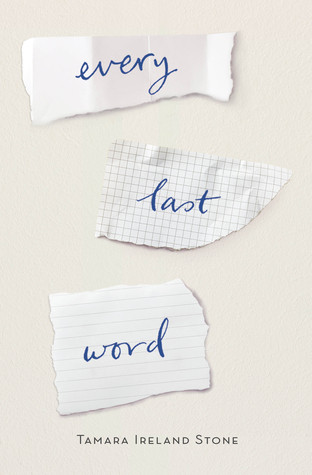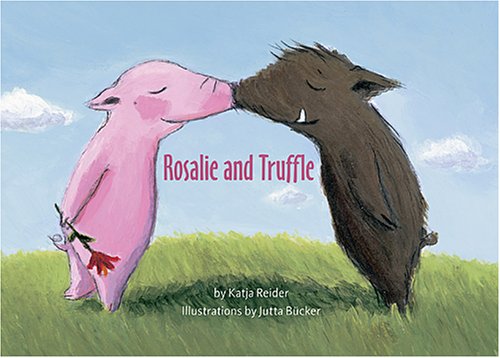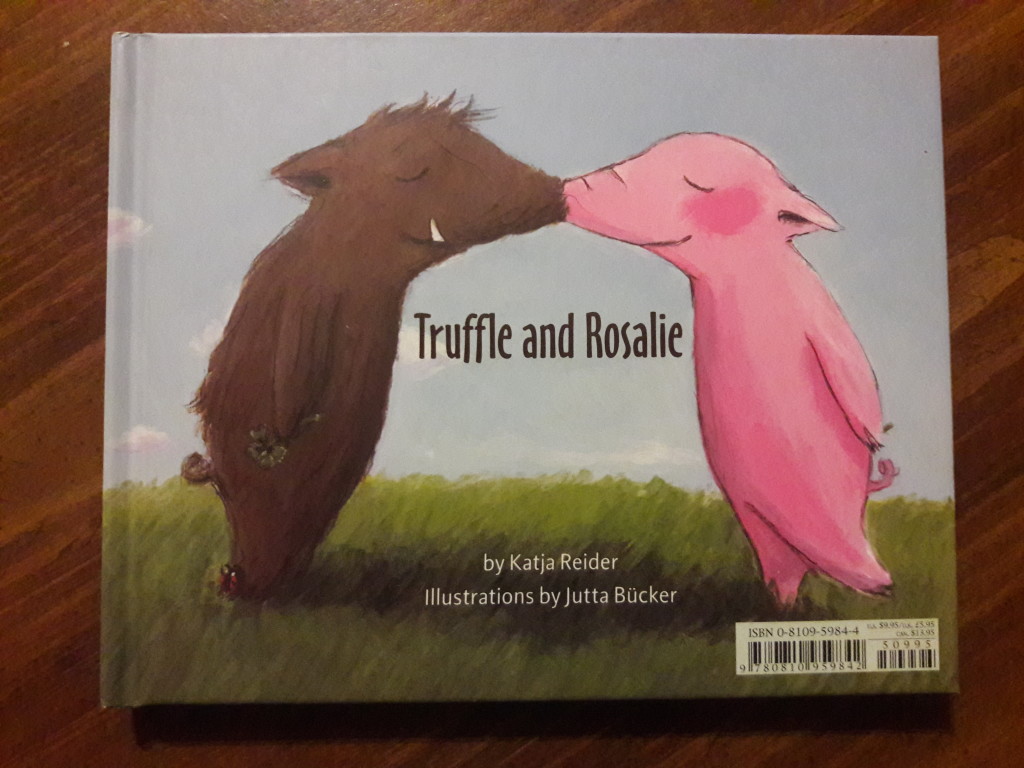I stepped back. Not literally, just figuratively. I did that with every concert. I allowed my mind’s eyes to hover over me and my fans while I analyzed and dissected the unique relationship between us.
As I watched the multitude of people—a beautiful kaleidoscope of different races and social statuses—my heart, in utter bliss, roared.
The audience held their hands upwards as if in an offering or a request. I never knew which. In perfect synchrony, their arms rolled in waves like the swaying of a stormy sea. Their voices cried out my name, and the smell of their sweat and the heat of their mingled bodies emanated from them, unfurling to me like the sweet perfume of incense.
I held the mic near my motionless lips and stared at them. At that moment, I became one with thousands. At that moment, I took back from the crowd all the energy I had fed them. And their vibe made me high and drunk. It was my personal Nirvana. The kind of rapture that can only be attained through uttermost intimacy. A oneness I had only felt with one other person. A person who had severed that connection and shattered my heart into a million shards of pain.
I worshiped them as they adored me. The exchange of atomic energy contained nuclear power. I was drained from giving. They were wasted from receiving. But we were both impossibly happy and satisfied.
My motionless lips finally moved, uttering the final words for the night. The parting words. “Good night, Sydney!” I waved a hand back at them. “You looked beautiful tonight. All forty thousand of you.”
I bowed. They deserved my reverence. People had spent their time camped outside the venue waiting for a closer glance at me. They had spent their precious earned money to see my performance. They were worthy of my respect and gratitude.
Another wave of a hand. A kiss. Another bow. And I was out. Another show was done. Eight more to go.
I jogged backstage and gave the mic to Jeremy, my makeup artist, in exchange for a bottled water. He opened a portable case containing all the potions that would quickly improve my appearance for the meet and greet.
Before I took a swig from the bottle, Clara, my assistant, brusquely interrupted my post-concert ritual. She snatched the bottle from my hand and returned it to a confused Jeremy. “Gray. With me,” she demanded, grabbing my elbow and urging me toward my changing room.
I glanced back at the stunned face of Jeremy. It was time for meet and greet with the VIP’s. I needed to freshen up. My makeup had all but melted under the stage lights.
Once inside the privacy of the room, I demanded, “What’s going on?”
She raised a finger and said, “Wait.”
I opened my mouth to protest. Instead, I swallowed the words. Clara was usually a chatterbox; her clipped words quickly clued me in that something was seriously wrong.
As I waited, Clara dialed a number on her phone. Her silence became as unnerving as the red glare of an alarm light.
“Betty, I have Gray,” Clara said. Wordlessly, she shoved the device in my hand. The door closed with a thud after she exited in a flurry of silent drama.
“Mama?” I asked holding the phone to my ear.
“Hey, Puppy,” Mama said in a soft, almost regretful tone.
“What’s going on?” I asked. Silence filled the other end of the line, only increasing my concern. Mama knew I had just left the stage. She followed my tour from home. Minute by minute. It was unusual for her to call me so soon following a show.
“How was, um, the, um, concert?” she asked.
“Mama, did you call me to ask how the show went?” I furrowed my brows and every hair on my body stood at attention. Mama knew my routine during a tour. After a performance, I had a brief meet with fans and then I would go on hours of silence to rest my vocal cords. Although she knew she could call me at any time, she never called until at least ten hours following a show.
“Mama?” I prodded after a long silence.
“I have cancer,” she said bluntly.
The phone connection was perfect. No static. But Mama’s words hummed in my ear with a tunnel-like quality. Distorted, altered, garbled. My mind, however, had remained sharp and alert. Without much thought and after a brief pause, I uttered the words, “I’m coming home.” I hadn’t said those words in over a decade. Somehow, they didn’t taste as foreign as I had imagined they would.
“Gray,” I said. The word hovered on my tongue, saturating my taste buds with an acrid taste. “Gray,” I repeated, letting it roll off my tongue. I did that a lot. It was my name.
Often, I mused about my name. It hadn’t been given to me because it was fashionable. Nevertheless, it had a history. My history.
When I was little, I liked to fancy its origin. The sky, I would think, was painted gray the day I was born. I loved the theory. The unattainability of the infinite mass of gray made it a great namesake. Whenever gray clouds hovered in the sky, I would lay on my back and stare at them, dreaming that when I grew up, I would build an enormous ladder, climb it, and touch the gray painted dome. It was all, of course, a foolish child’s dream, born out of vain imagination. I wasn’t born during the day, nor was the sky gray. And it was most definitely not the inspiration behind the choosing of my name.
I was born in a graveyard. Serene Hills Cemetery, it was called, though its surface was flat. It was a fall night, October 20th, approximately 11 pm.
They found me covered in vernix. I used the term ‘they’ loosely. A dog found me. A female German Shepherd mix that went by the name of Sunshine. Her fur was golden. Shiny like sun rays. I had a newspaper cut-out of her. It’s black and white, but it described her that way. In the shot, she looked straight at the camera, two vivid round eyes dotting a long and alert face. She had the knowing stare of someone who was aware she had done a good deed.
Obviously, I don’t recall the details surrounding my birth. I was an infant. But I had Mama tell me the story so many times, which after a while, the images ingrained in my brain like the roots of a tree embedded in the fertile soil. They became so real in my imagination that it felt as if they were my recollections.
I was a born a preemie. Weak, small, and blotchy-faced. I was skin and bones with a mop of black spiky hair, and a bad case of a cold.
A miracle, they called me. But I knew I was no wonder. I happened to have the perfect concoction of healthy lungs and a loud cry. These, and the sharp canine sense of hearing and smelling had saved me. I didn’t believe in miracles. Not anymore.
When they found me, decay from the trees covered the ground on a fascinating palette of colors—an array of red, yellow, purple, brown, orange, golden, bronze.
I used to question why the leaves change colors and fall off the branches. According to a scientific explanation, leaves are a weak and feeble part of a plant. So, before the weather gets severely cold, the trees should toughen up to protect themselves. Or simply dispose of the leaves, the weak part.
Personally, I believe they turn colors before falling as revenge. A personal vendetta. And for that I applaud them. They turn their death into a poetic and alluring sight. That line of thought made me believe death was beautiful. It fascinated me. It’s more interesting than birth, although similar.
I had been abandoned under a pile of dead foliage. According to the police investigation, it appeared my birth mother had buried me under the leaves. Hid me. Like a criminal attempting to cover its tracks. Supposedly, I spent the night under a cocoon of leaves. The tree’s decay was soaked with blood and amniotic fluid.
According to Sunshine’s owner, they were walking on the sidewalk by the cemetery when she heard a whizzing sound. Sunshine’s owner discarded the noise as being the cry of squirrels.
Sunshine didn’t. At odds with her sweet nature, she became agitated and broke loose. She squeezed through a small gap in the fence and disappeared between the gravestones, leaving her owner in a frenzy.
Less than a minute later, Sunshine returned. Her mouth muzzled around my small waist, my umbilical cord dragging, rattling the decayed leaves.
I found my story fascinating, unique. Or so I told myself whenever I got teased at school.
The hospital staff called me the Graveyard Miracle. Soon after, Gray for short. It stuck.
I spent three months in the hospital. That’s where Mama worked. The graveyard shift. She fed me. She bathed me. She caressed my skin. “My heart had not a chance. It fell madly in love with you,” she said, whenever she told me my story. Her pale hand, dotted with freckles, caressing my black, straight hair.
When I became her child officially, she quit the night job. “I had brought home my very own Graveyard Miracle.”
She found a day job at a pediatric clinic, occasionally helping at the hospital for extra income. She continued working at the clinic throughout my childhood, adolescence, and after I left home. She remained there until cancer said, “No more.” Until cancer said, “I want your time. From now on, you are going to dedicate every waking hour to me. I’m egocentric. I want it all. I want your flesh and the total sum of your soul.”
That’s why I was there, sitting in the back of a limousine Clara had rented to pick me up from JFK airport and take me home.
“When should I schedule your flight to LA?” she had asked. “Only a one-way ticket for now,” I responded.
32 Lorelai Lane, my childhood home. It was a small Victorian-style house, built in 1929. The colorful foliage of a maple tree and an oak tree framed the dwelling as if it was extracted from the pages of a fairy tale book. When I was little, I used to fancy my house was lovely. The most enchanting place in all realms. Staring at the house, I discovered that I still thought that. It was the most magical place in the world because it was the place that humans refer to it as ‘home’. And home is a thing of fairy tales. Rare and pure.
The car door was wide open, awaiting me. I climbed out. The driver stood straight as a pole. His hands perfectly folded in front of him, his face impassive. I wondered how long he had stood there, waiting for me, questioning my sanity. The luggage was lined up at the front porch. His face remained expressionless when I pulled a generous tip from my purse and handed it to him. “Thank you,” I murmured.
He drove off, the sound of the engine trailing off into the quiet street. It was late at night. The crisp air smelled of burnt wood and autumn, reminiscent of bonfires and fireplaces.
I crossed the stone path leading to the front steps.
The hinges of the front door squeaked, and Mama slowly appeared as light spilled out from inside the house. She leaned against the doorframe, cocked her head, her eyes fixed on me. She knew me so well. She knew I needed the time.
I peered up, carefully examining Mama’s face. It had been only two months since I had last seen her, but she appeared decades older. Even under the porch’s pale yellowed light, I could detect the lines circling her mouth. Small bags sagged under her eyes, and her plump skin appeared loose, dripping like melting wax. Her hair showed inches of gray and her usual square and proud shoulders were smaller, fragile. But what got my attention the most were her eyes. Their vivid green had turned opaque.
The grief and sorrow in her stare set my feet in motion, and I climbed the steps.
When mama stepped forward, the old wooden floor groaned and creaked under her feet. She came to a halt at the top of the stairs. Her lips curved into a small smile, and her arms spread open in an inviting hug.
As I stepped forward, my legs felt wobbly with the weight of so many years of absence.


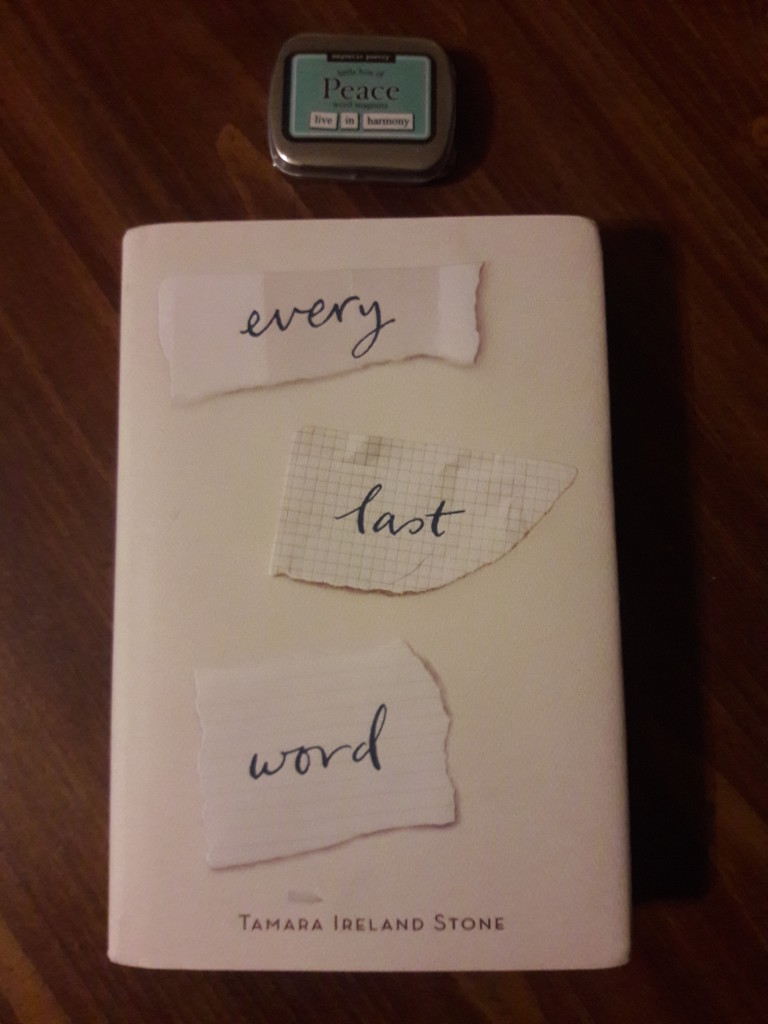
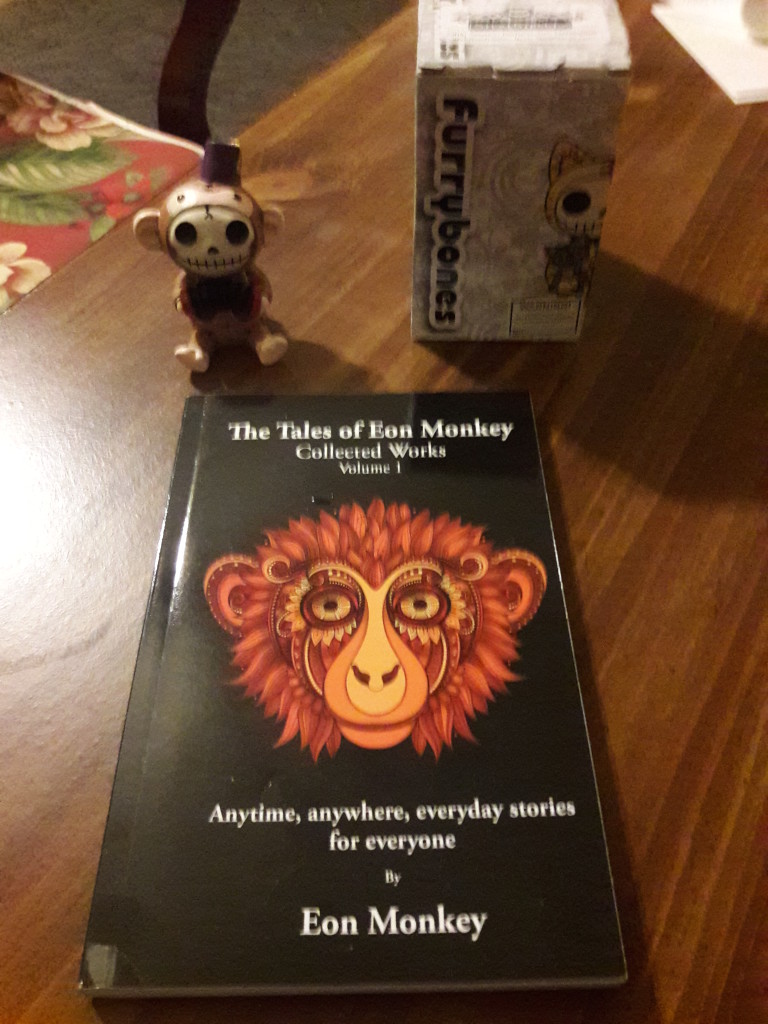










![The Lost World: A Retelling by [Saltzman, Brent]](https://images-na.ssl-images-amazon.com/images/I/51icsiPjliL.jpg)

![The Chair (parts 1 & 2) by [Sechi, R. R.]](https://images-na.ssl-images-amazon.com/images/I/41jjUjcVOoL._SY346_.jpg)
![SHE: A gripping serial killer detective thriller by [Brassett, Pete]](https://images-na.ssl-images-amazon.com/images/I/51Dt4ZXg0ZL.jpg)
![Driven: A Northern Waste Novel by [Silver, Eve]](https://images-na.ssl-images-amazon.com/images/I/61v0XHVDCrL.jpg)
![The Bookmaker by [Fraser, Chris]](https://images-na.ssl-images-amazon.com/images/I/5197tLu5rJL.jpg)
![Ghostly Paws (Mystic Notch Cozy Mystery Series Book 1) by [Dobbs, Leighann]](https://images-na.ssl-images-amazon.com/images/I/518qPglztaL._SY346_.jpg)
![Witches Protection Program by [Cash, Michael Phillip]](https://images-na.ssl-images-amazon.com/images/I/5151wb6g33L.jpg)























